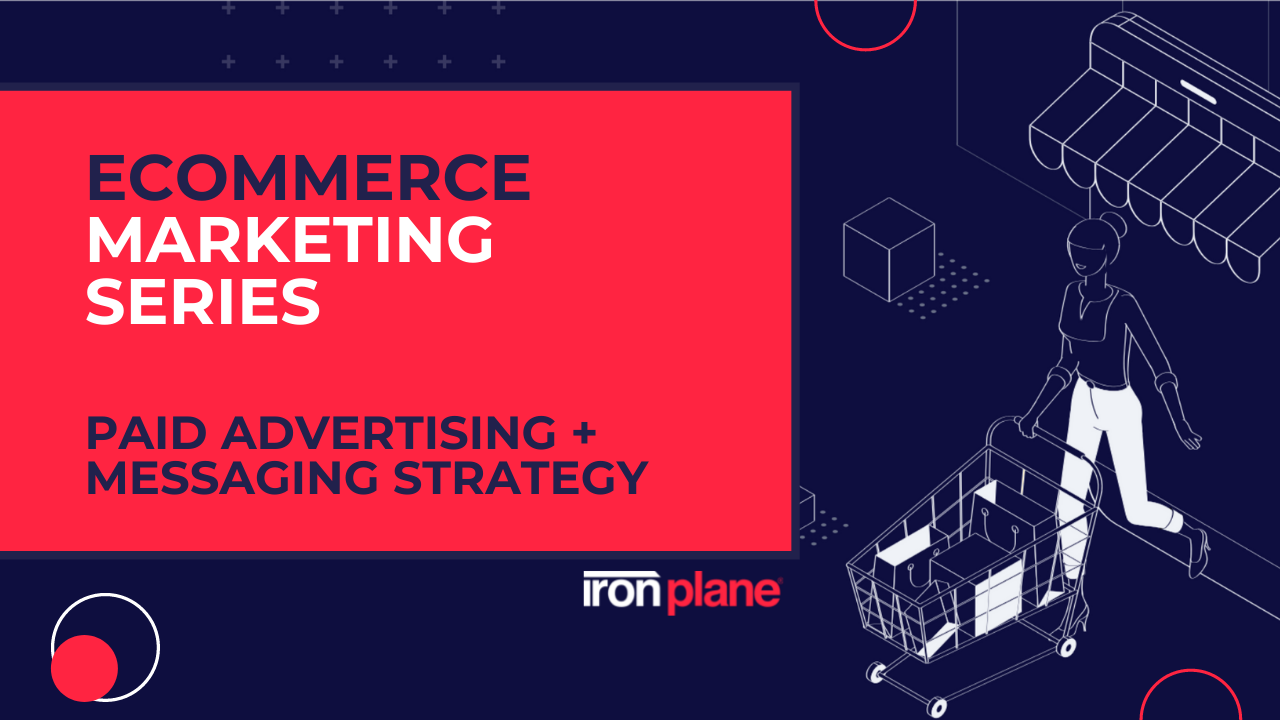eCommerce Marketing Series - Paid Advertising and Messaging Strategy
In this episode of our eCommerce Marketing Series, Account Executive Tony Mascarenas discusses paid advertising and messaging strategy. Plus, he offers key takeaways on how brands can boost eCommerce revenue by utilizing paid advertising channels.


 Tim Bucciarelli
Tim Bucciarelli



